This Week in AI: Is open-source AI better?
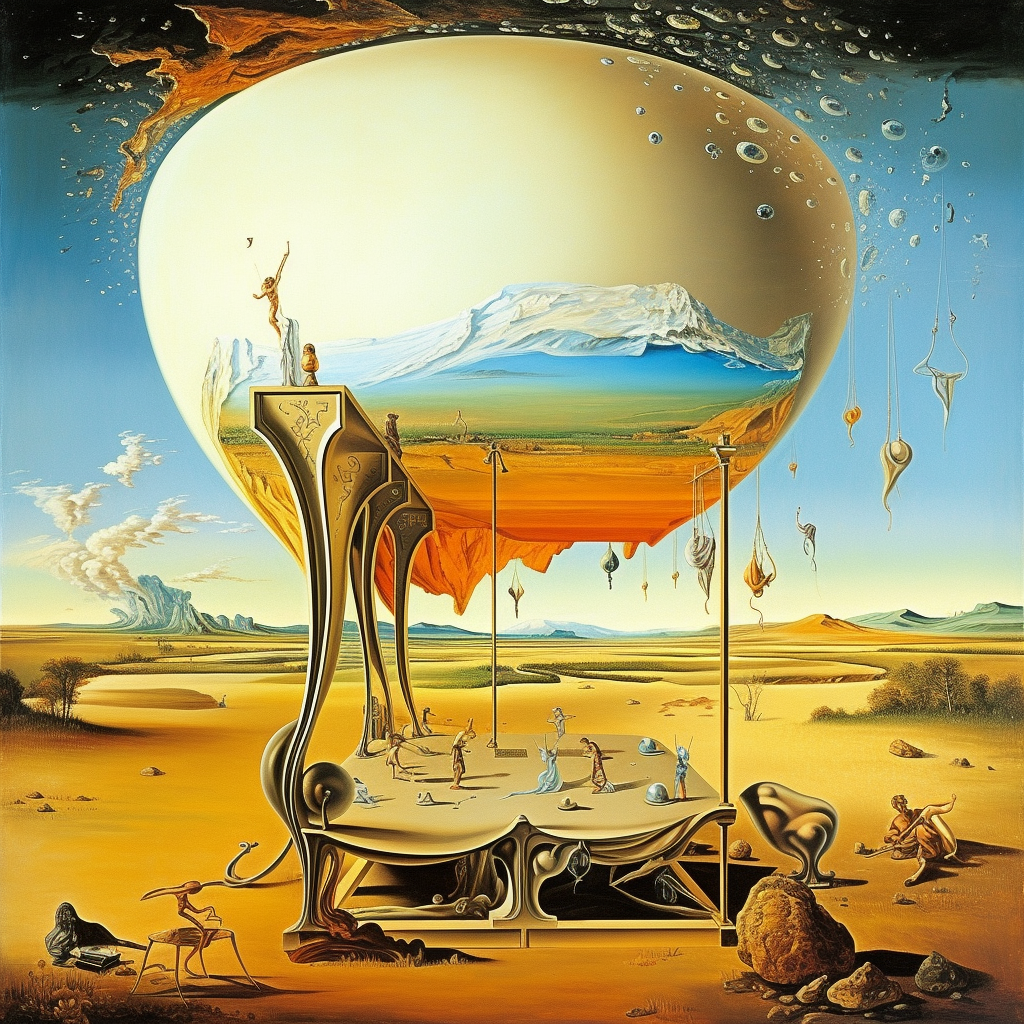
The Singularity nears
Computer scientist and futurist Ray Kurzweil has been writing about AI for decades. He famously predicted that machines would become smarter than humans in our lifetimes—a prophecy we can no longer ignore.
Practicality matters. While a number of technologists are calling for a pause in development, Kurzweil is recommending another path.
- In a short note, Kurzweil responds to the open letter requesting that AI Labs pause training its AI systems for at least 6 months.
- Kurzweil’s thoughts? The letter is “too vague to be practical.”
- The futurist believes there are too many advances in medicine and health, education, and renewable resources to be mined from AI research.
- Kurzweil concludes, “more nuance is needed if we wish to unlock AI’s profound advantages to health and productivity while avoiding the real perils.”

Is open-source AI better?
A leaked document written by a Google engineer reveals the company’s internal concerns about the “AI arms race.” If this letter proves prophetic, the open source community is going to win.
Inconvenient truth. The battle between centralized and decentralized entities, between open and closed systems, is nothing new. But the 2008 Bitcoin whitepaper, which followed the housing crisis, put the debate between open and closed financial systems—in this case, money—into the mainstream. AI advocates are having a similar conversation.
- The letter states: “The uncomfortable truth is, we aren’t positioned to win this arms race and neither is OpenAI. While we’ve been squabbling, a third faction has been quietly eating our lunch. I'm talking, of course, about open source. Plainly put, they are lapping us.”
- According to the paper, open-source engineers are innovating on AI with $100 budgets quickly, while Google is trudging along with $10 million budgets.
- Closing thought: “Open-source models are faster, more customizable, more private, and pound-for-pound more capable.”

Creative musicality
UK-based artist Brendan Dawes has long employed generative systems in his artwork. Now, with the emergence of AI—and especially the open-source Stable Diffusion—Dawes is taking his art, and his philosophy around art, to another level.
Remix couture. In a recent interview with filmmaker Gary Hustwit (the creative storyteller behind Helvetica), Dawes reveals how AI is akin to remixing and sampling music, why AI is taking his creativity to another level, and the downsides of closed systems like Midjourney and Dall-E.
- “My heroes were Coldcut and Steinski, people like that who were chopping songs together from things that already existed. So I see the correlation with AI being kind of similar, at least in the way I use it, in that my process is not just one thing.”
- “I read a great quote the other day from Alan Moore about artists, that the power of art is to create an alternative reality. And that's what interests me with AI. I'm not interested in creating real life or things that look like real life. And I kind of like where some of these AI things are a bit squidgy and a bit off.”
- “I think [AI is] the next evolution of artistic tools and technology. There’s always been that. I think it was in 1848, when you could first get oil paint in tubes? Which was like a revolution. You could go outside and paint. And probably back then people thought, ‘This is bullshit!’ You know, ‘It's not real art!’”

Games without frontiers
On April 18, Peter Gabriel launched a competition with open-source AI company, Stability AI, which asked participants to submit an animated AI-generated video set to his music. The singer has always been a forward-looking thinker, so he was a bit surprised when receiving pushback.
Shock the monkey. Two days later, Gabriel published a competition letter to express his feelings on AI’s place in society and art.
- “We are entering a world that is about to be fundamentally transformed by AI. Many people see AI as the enemy, but along with extraordinary scientific, functional and creative tools, it can provide great education and better healthcare to billions.”
- “AI is a product of our species and we need to find ways to build the ethics, compassion and wisdom that we value, directly into the algorithms to protect and defend what is important to us.”
His final thought?
- “When the future has shown itself so clearly and is flowing as fast as a river after a storm, it seems wiser to swim with the current. AI is here. Let’s learn what we can and how we might adapt and evolve it to better serve everyone.”

AI Tool of the Week
SciSpace Copilot is a game-changer for research.
The Chrome extension summarizes and explains technical scientific literature just by highlighting paragraphs. The answers remove the jargon, saving you time having to leave the page to research what the research means.
Have a follow-up question? Simply ask it in the extension, using any of Copilot’s 13 languages.
The best part? It’ll even do math.
Please visit our affiliate partners:



Stay up-to-date with the latest AI news, sign up for the free weekly Prompts Report Newsletter! 🤖




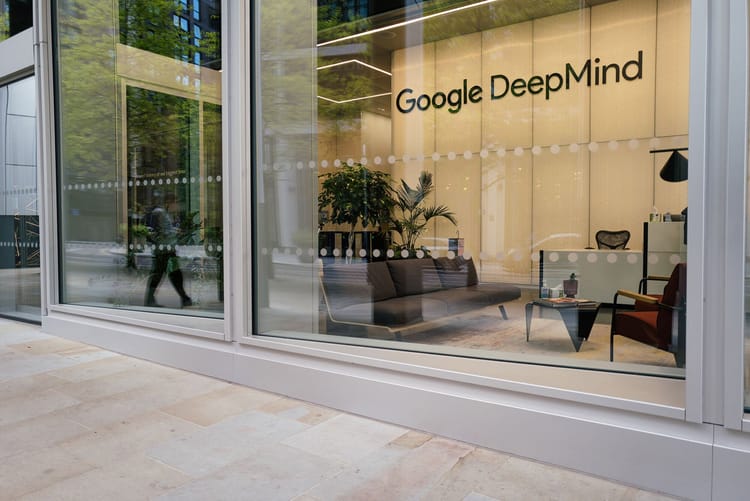
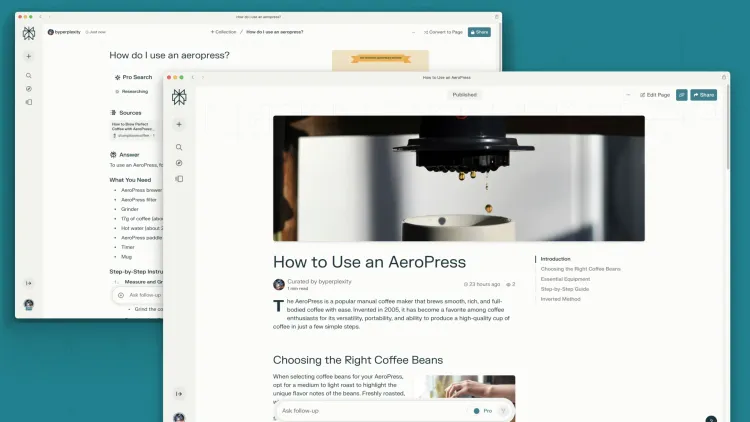
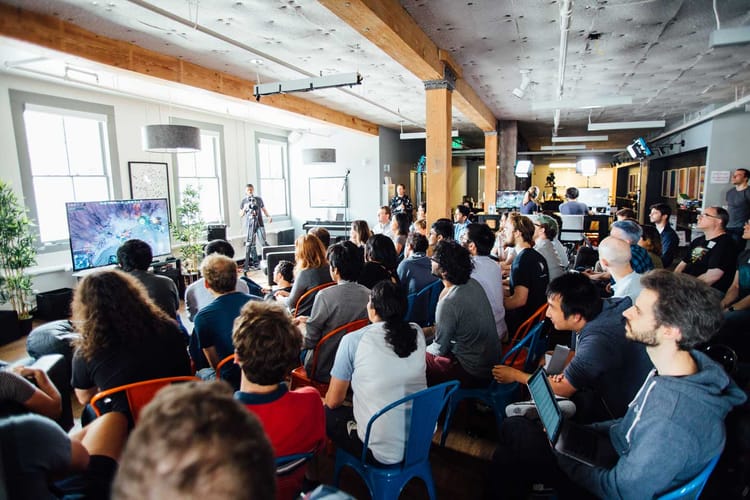
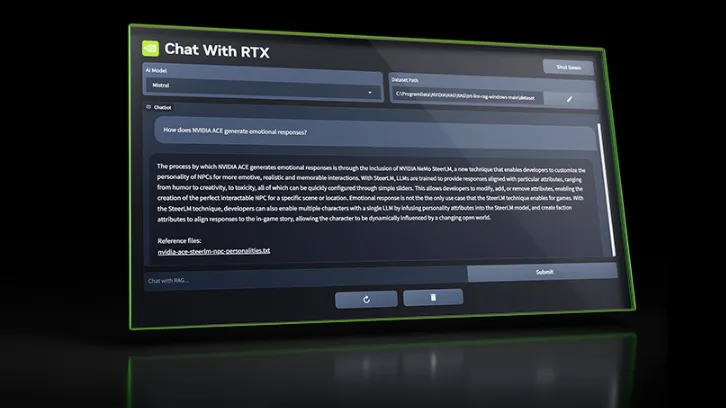
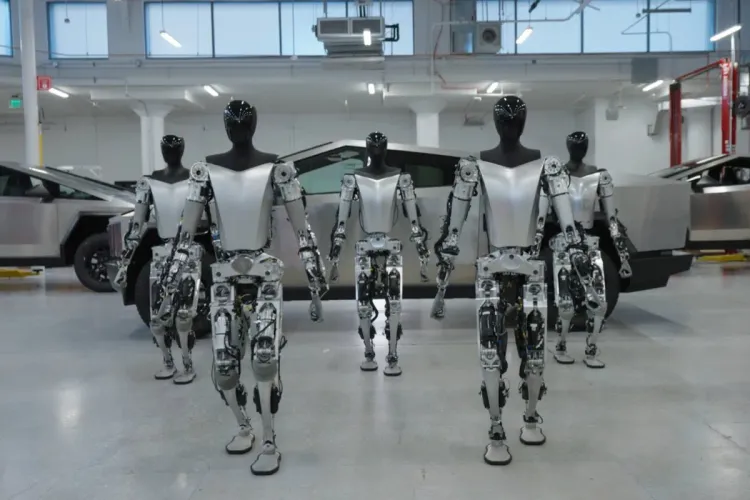
Member discussion